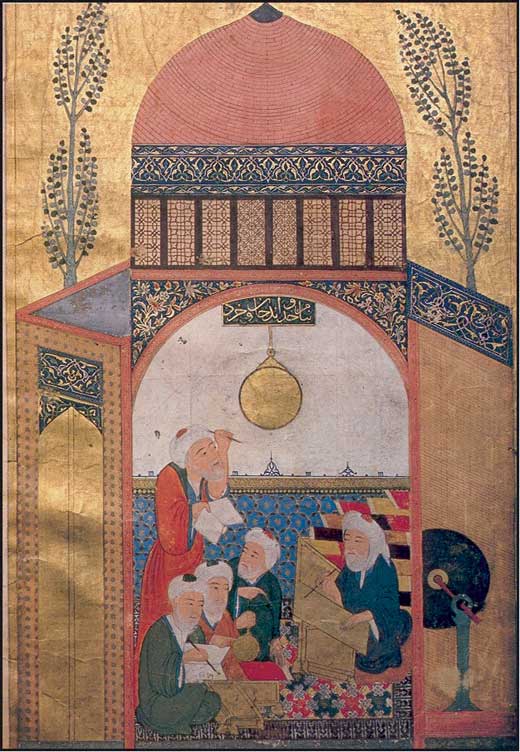
Someone said, “There is something I have forgotten.” There is one thing in the world that should not be forgotten. You may forget everything except that one thing, without there being any cause for concern. If you remember everything else but forget that one thing, you will have accomplished nothing. It would be as if a king sent you to a village on a specific mission. If you went and performed a hundred other tasks, but neglected to accomplish the task for which you were sent, it would be as though you had done nothing. The human being therefore has come into the world for a specific purpose and aim. If one does not fulfill that purpose, one has done nothing.
??? ????? ??????? ??? ?????? ?????? ??????? ????? ?? ??????? ?????? ???? ?????? ?????? ??? ??? ????? ?????
We proposed the faith unto the heavens, and the earth, and the mountains: and they refused to undertake it, and were afraid of it; but the human being undertook it: and yet truly, he was unjust to himself, and foolish. (Qur’an 33:72) . . .
Someone came to Sayyid Burhanuddin Muhaqqiq and said, “I have heard praise of you from a certain person.”
“Let me see,” he replied, “what sort of person he is, whether he has reached such a degree that he can know me and praise me. If he knows me by what I have said, he does not know me because words are impermanent, sounds are impermanent, lips and mouths are impermanent. They are all incidental. If he knows me by what I have done, the case is likewise. If, however, he knows my essence, then I know that he is capable of praising me and that the praise belongs to me.”
This is like a story they tell of a king who entrusted his son to a group of skilled men, with whom the boy remained until they had taught him total mastery of astronomy, geomancy, and other sciences, despite his utter stupidity and ineptitude. One day the king took a ring in his fist and, by way of testing his son, said, “Come, tell me what I am holding in my fist.”
“What you are holding,” he answered, “is round, yellow, and has a hole in the middle.”
“Since you have described it correctly,” said the king, “tell me what it is.”
“It must be a millstone,” he said.
“You have given its characteristics so precisely that the mind is boggled. With all the education and knowledge you have acquired, how has it escaped you that a millstone cannot be held in the fist?”
So it is now that the learned of our time miraculously fathom the sciences! They have learned perfectly to comprehend all sorts of extraneous things that do not concern them. What is truly important and closest of all to a man is his own self, but that our learned do not know. They pass judgment on the legality or illegality of everything, saying, “This is permissible, and that is not,” or, “This is lawful, and that is not.” However, the hollowness, yellowness, design, and roundness of the king’s ring are coincidental, for if you cast it into the fire none of those things remains. It becomes its essence, free of any of these characteristics. All the sciences, acts, and words that they put forward are likewise: they have no connection with the substance of the thing, which will abide after all these others. Likewise are all these attributes of which they speak and upon which they expound. In the end they will render a judgment that the king is holding a millstone in his fist, since they know nothing of that which is the principal thing.
—Mawl?n? Jal?l-ad-D?n Muhammad R?m? (Rumi) (?????? ???? ????? ???? ????), Fihi ma Fih No. 4 (ca. 1270 CE)


